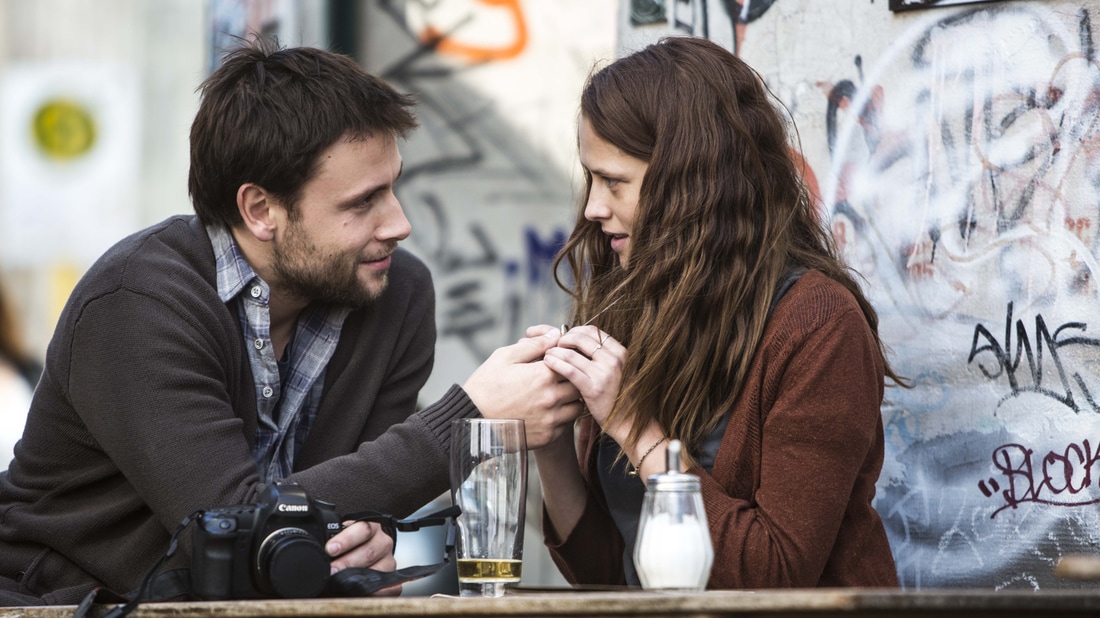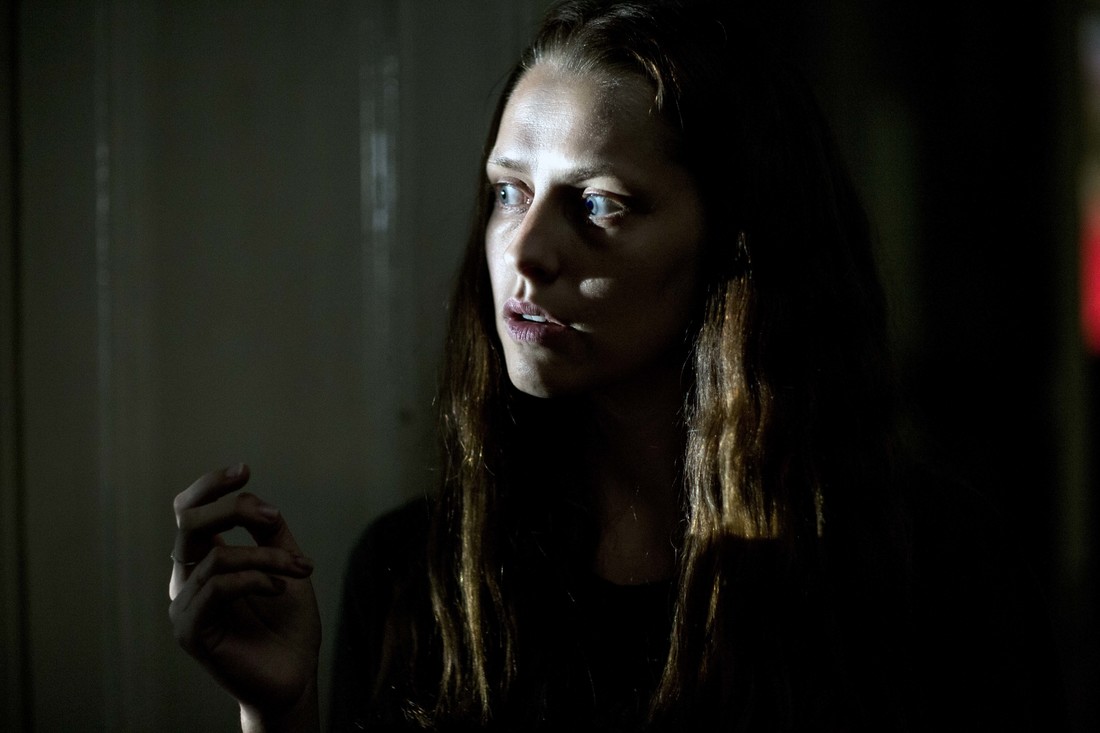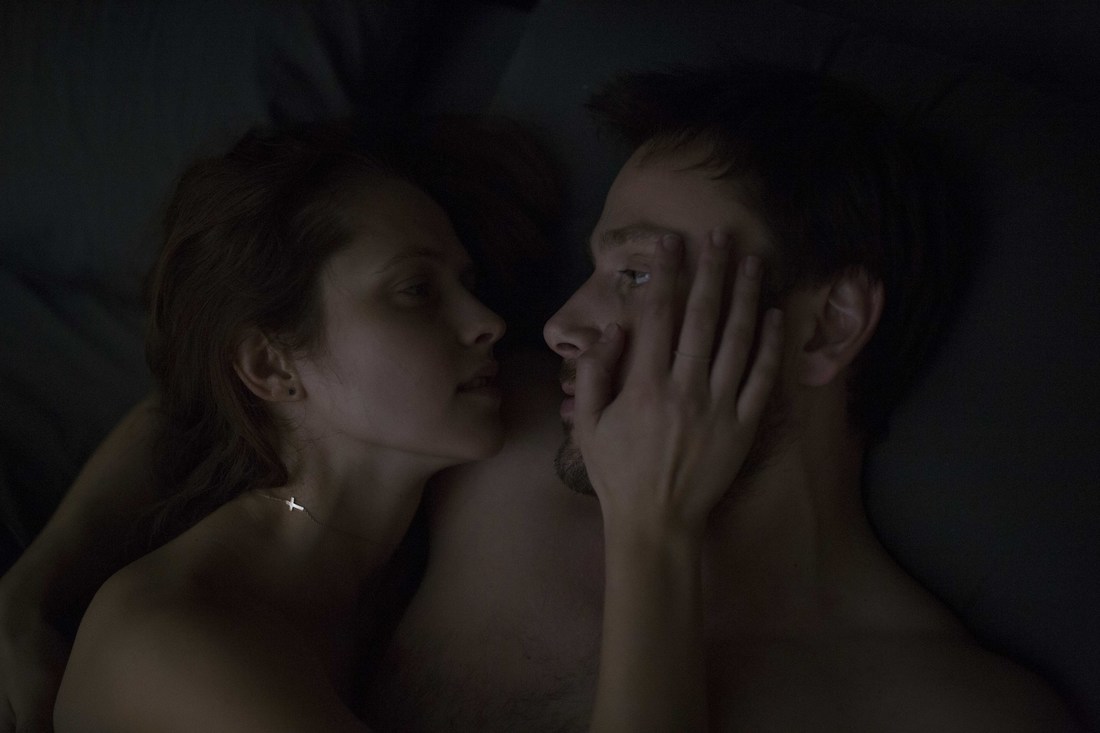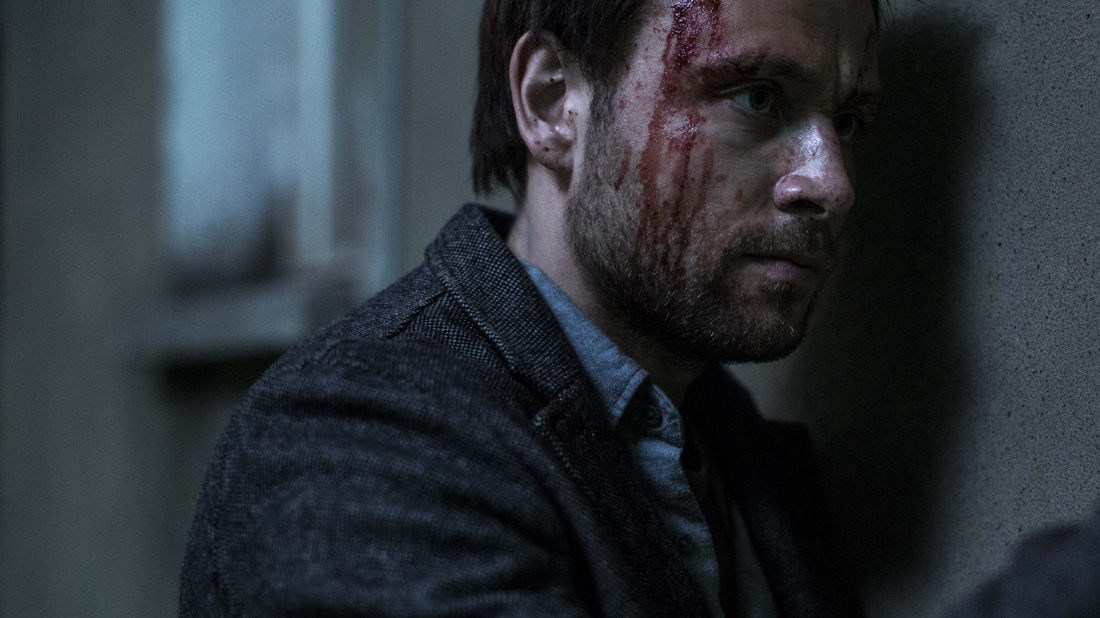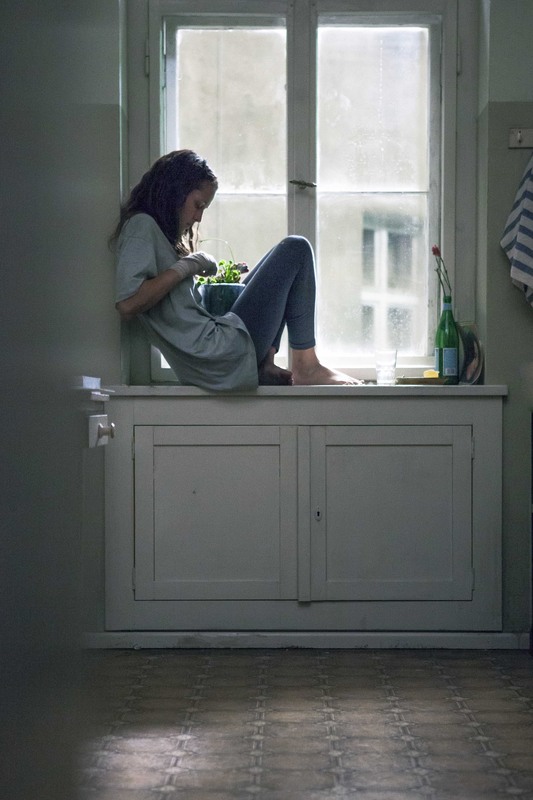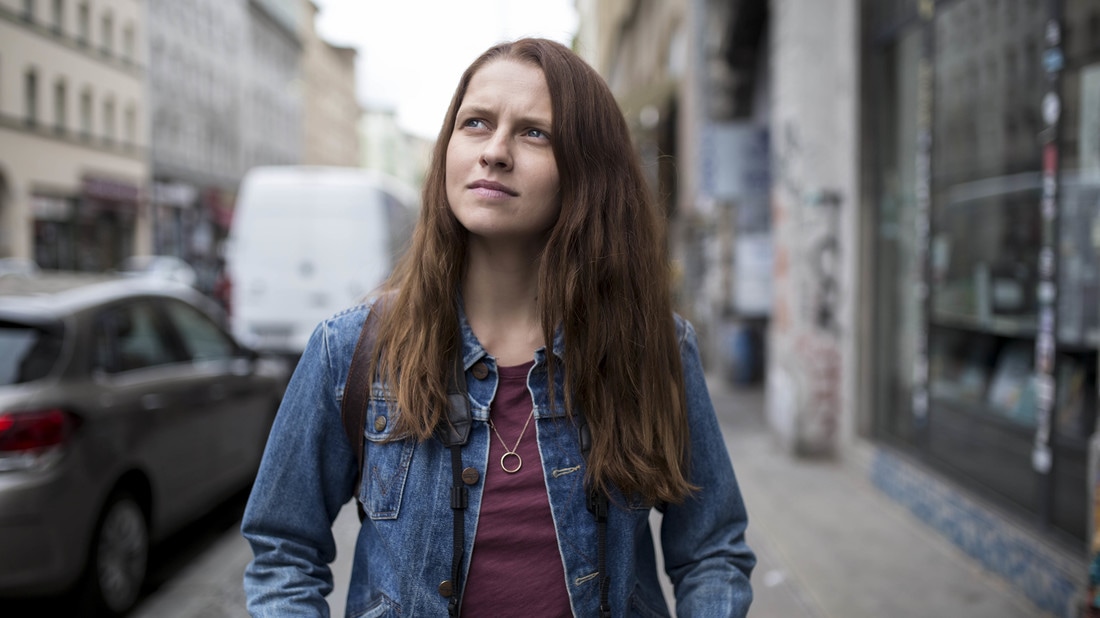|
★★½☆☆
4 March 2017
A movie review of BERLIN SYNDROME. |
“Do you like strawberries? They help you forget your problems,” Andi Werner (Max Riemelt)
BERLIN SYNDROME is not particular intellectual, but films about female abuse at the hands of guys are still so few yet tragically relevant. It should be a genre all of its own. Obsession, possessiveness, hypocrisy are ripe for continued discussion. BERLIN SYNDROME, though, is no ROOM. The latter is tightly constructed, believable, and has some form of catharsis to offset the unrelenting grimness. BERLIN SYNDROME however does not particularly grip, does not analyse, and feels padded. At 117 minutes, the runtime is not utilised effectively, and you notice it.
BERLIN SYNDROME is not particular intellectual, but films about female abuse at the hands of guys are still so few yet tragically relevant. It should be a genre all of its own. Obsession, possessiveness, hypocrisy are ripe for continued discussion. BERLIN SYNDROME, though, is no ROOM. The latter is tightly constructed, believable, and has some form of catharsis to offset the unrelenting grimness. BERLIN SYNDROME however does not particularly grip, does not analyse, and feels padded. At 117 minutes, the runtime is not utilised effectively, and you notice it.
BERLIN SYNDROME and VICTORIA would make an interesting double-bill, to compare and contrast. Both show the German capital in an alluring and dangerous light. Both are about visiting female protagonists, alone and lonely, sucked into an overwhelming situation. They start similarly, the audience internally screaming at the protagonists to watch out for the guys they encounter. While, VICTORIA pulled the rug from us for our initial fears, the looming sense of dread does not let up for BERLIN SYNDROME. There is a clumsy sudden dog bark to shock us, in case we weren’t already weary. Director Cate Shortland is not a particular subtle filmmaker here. A shame, as SOMERSAULT and LORE were far more intriguing.
Clare Havel (Teresa Palmer) quit her job as a real estate photographer in Brisbane, Australia and decided to come for a life experience – she acknowledgies the hokeyness of such an adventure. Like TAKEN, Europe is offered up as a destination for female kidnap. Perhaps Germany is chosen as the language is not widely spoken and therefore more isolating?
Clare is immediately marked as an annoyingly pretentious tourist. She picks up photo slides from a flea market. A twatish hipster move. If that is meant to endear us, maybe it is aimed at the people who populate Noah Baumbach’s WHILE WE’RE YOUNG, the digital generation embracing the analogue?
Along comes, out of nowhere, Andi (Max Riemelt - SENSE8), who chats her up on the street, and a whirlwind romance occurs. Clare is arguably unaware what a vulnerable open book she is. The antagonist takes advantage of her honesty. Clare goes back to his pad. He squats in a block in the middle of an abandoned part of the city. Berlin is built for millions more than its current population. When Clare tries to leave, she finds the apartment to be a fortress, and she in a prison. Our collective stomachs sink at the thought of what he is going to do to her. Bizarrely (and gratefully – one is not a fan of torture porn), he just photographs her in underwear. Is this some kind of psychological commentary? Have you watched À MOI SEULE, starring Reda Kateb? It is equally a let-down.
The film does reinforce the necessity of community, family and friends. We are vulnerable islands and need a network.
BERLIN SYNDROME lacks coherence. There is a random scene in a forest, which arrives out of nowhere. One at first wonders if it is a dream. It is just there to vary the threat.
BERLIN SYNDROME feels too often like an exploitative B-movie.



